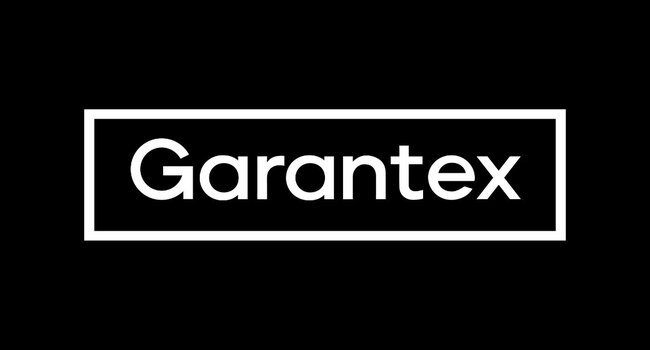Highlights:
- The U.S., Germany, and Finland seized Garantex’s servers and domains over money laundering and sanctions violations.
- Two administrators face charges for laundering money and operating an unlicensed money-transmitting business.
- Authorities froze $26 million in assets linked to Garantex’s illicit transactions with ransomware groups and sanctioned entities.
The US, German, and Finnish authorities have seized Garantex, a Russian-based cryptocurrency exchange. According to the U.S. Department of Justice (DOJ), the platform facilitated unlawful activities such as ransomware payments and darknet market activities. The outcome of the operation has led to the freezing of Garantex website domains and its infrastructure.
The operation was conducted by the U.S. Secret Service with the assistance of the Federal Bureau of Investigation (FBI) and Interpol. Other records seized by the law enforcement agencies included historical copies of Garantex’s servers, such as customer and accounting records. This aims to deny access to the financial tools used to evade international sanctions.
The US authorities seized Garantex’s internet domains, including Garanntex.org, Garantex.io, and Garantex.academy. When the sites are accessed, the visitor is presented with a message acknowledging the involvement of law enforcement. At the same time, the German and Finnish authorities shut down Garantex’s hosting servers.
Garantex Cryptocurrency Exchange Disrupted in International Operation
🔗: https://t.co/aeIHZv8mlg pic.twitter.com/g0v7YOpcEx
— Criminal Division (@DOJCrimDiv) March 7, 2025
Operators Face Charges in U.S. Court
The authorities have also unsealed an arrest warrant for Aleksej Besciokov, a Lithuanian residing in Russia, and Aleksandr Mira Serda, a Russian national in the UAE. Both are accused of money laundering conspiracy. Besciokov is also accused of breaching the US sanctions and running an unlicensed money-transmitting business.
According to documents reviewed in court, the duo had been managing Garantex since 2019. Besciokov oversaw the exchange’s technical infrastructure, while Mira Serda was in charge of commercial activities. The accused are also accused of handling criminal benefits and engaging in activities meant to conceal the crimes.
It was established that Garantex received more than $96 billion in cryptocurrencies related to hacking, ransomware, and drug trafficking. The indictment alleges that the operators failed to present full records of the account while providing other information that was demanded by the Russian authorities.
Both Besciokov and Mira Serda, if convicted of the money laundering conspiracy charge, risk up to 20 years imprisonment. Besciokov’s additional charges carry maximum penalties of 20 and five years, respectively.
Sanctions and Asset Freezes Escalate Pressure
Garantex was sanctioned by the U.S. Treasury’s Office of Foreign Assets Control (OFAC) in 2022 for laundering money for ransomware groups, including Conti and Hydra, a prominent dark web marketplace. However, Garantex remained active by frequently changing its wallet addresses in an effort to avoid getting sealed by the authorities.
The exchange is said to have conducted billions in transactions after being put on a blacklist. Subsequently, the investigators established that most accounts within Garantex operated under names such as “Drug,” “hacker,” and “Taliban.” Authorities also believed the platform offered services to North Korea’s Lazarus Group as well as the sanctioned Russian oligarchs.
Recently, Tether, a major stablecoin issuer, froze USDT worth $27 million linked with Garantex. Moreover, the U.S. authorities also separately had $26m related to the exchange’s unlawful operations frozen. The recent crackdown is part of a more extensive operation aimed at combating financial offenses involving several Russian-sanctioned entities.
Best Crypto Exchange
- Over 90 top cryptos to trade
- Regulated by top-tier entities
- User-friendly trading app
- 30+ million users
eToro is a multi-asset investment platform. The value of your investments may go up or down. Your capital is at risk. Don’t invest unless you’re prepared to lose all the money you invest. This is a high-risk investment, and you should not expect to be protected if something goes wrong.






